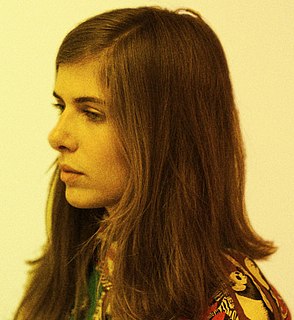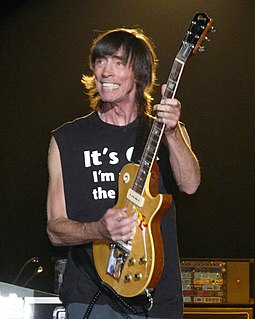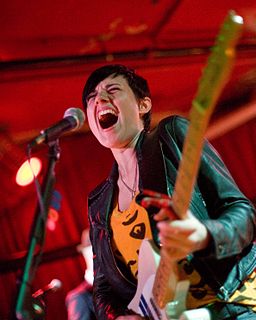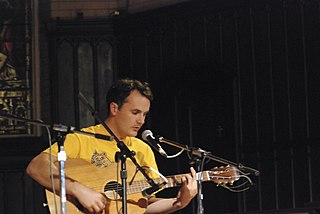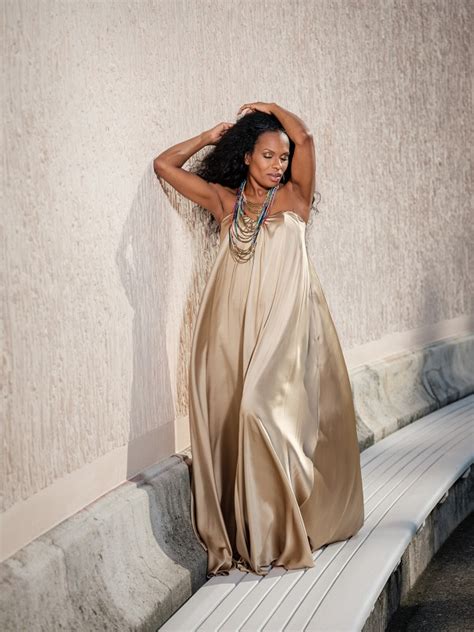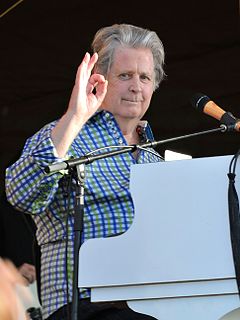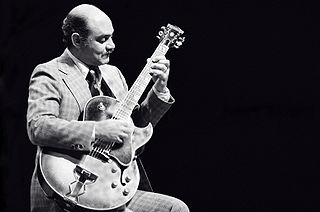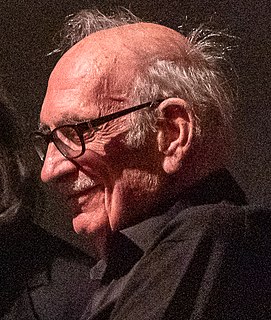A Quote by Laurel Halo
Vocals are not central to what I do, and I've never liked singing live. I've always been more inspired by rhythm, texture, harmony than vocal melodies and lyrics. Plus, for me, I can better express my musical ideas through instrumental music than vocal music, the emotional interpretation of which can easily supersede the actual musical content or aim.
Related Quotes
Basically, there were three aspects of dub that influenced dubstep. The most important was playing the instrumental versions of vocal garage tracks, which was a little like what dub was to reggae - the instrumental of a full vocal.The second was dub as a methodology, which, for me, is apparent in all dance music: manipulating sound to create impossible sonic spaces using reverb, echo and such. The third is the influence of the genre called dub. (It became a cliché actually, through sampling old Jamaican films and soundtracks, and adding vocal samples.)
I usually start with a guitar riff or some little pattern of chords, and then I kind of go from there. Usually my lyrics are the last thing to go onto a song. For years and years I only ever did instrumental, so I'm still trying to get confidant with my lyrics and find the right balance. I'll generally get inspired from the music. I'll have a guitar line, and then I'll have a melody line, and I hook the lyrics up to fit that rhythm. So, my lyrics to tend be very rhythmic as well. They work with the music rather than the music works around them.
I wanted to lift the aspects of the lyrics and imagery that I found sincerely powerful and touching, plus the amazing musical extremities, and make my own thing. That's what making music has always been for me. Synthesizing a nonexistent kind of music that I wish existed because I wanted to listen to it.
Popular music of the last 50 years has failed to keep in step with advances in musical theater, namely Stephen Sondheim. But the two have grown apart so that popular music is based more than ever on a rhythmic grid that is irrelevant in musical theater. In popular music, words matter less and less. Especially now that it's so international, the fewer words the better. While theater music becomes more and more confined to a few blocks in midtown.
You can't think and play. If you think about what you're playing the playing becomes stilted. You have to just focus on the music I feel, concenctrate on the music, focus on what you're playing and let the playing come out. Once you start thinking about doing this or doing that, it's not good. What you are doing is like a language. You have a whole collection of musical ideas and thoughts that you've accumulated through your musical history plus all the musical history of the whole world and it's all in your subconscious and you draw upon it when you play
